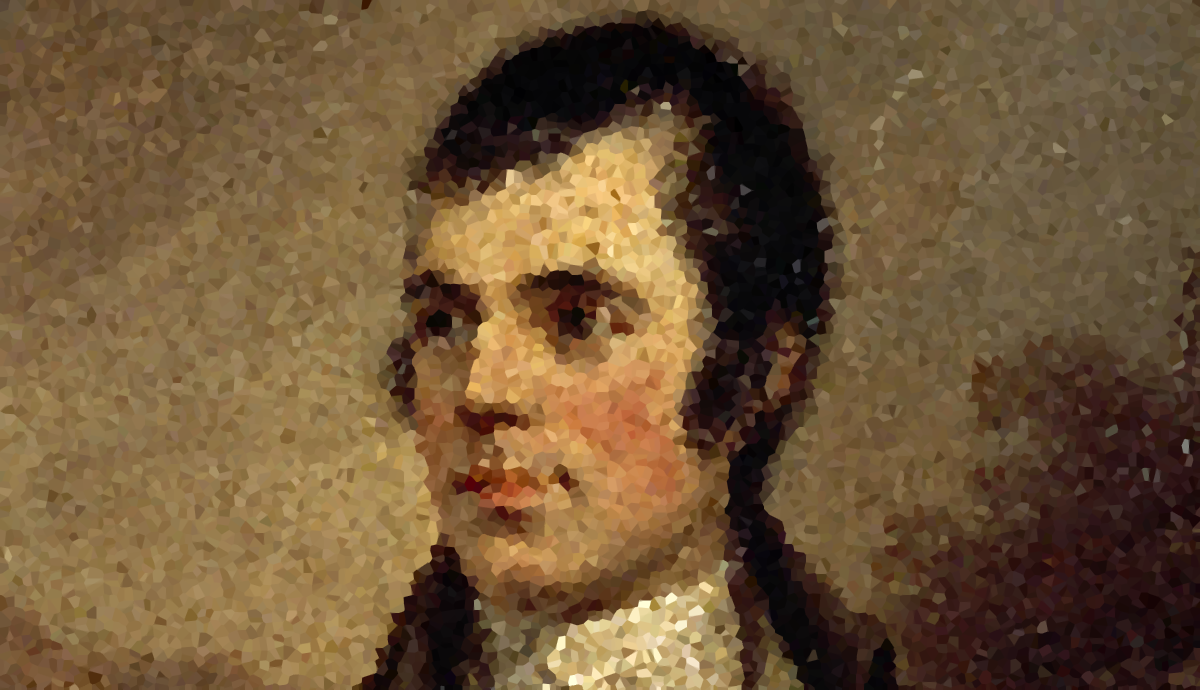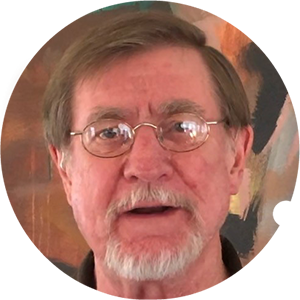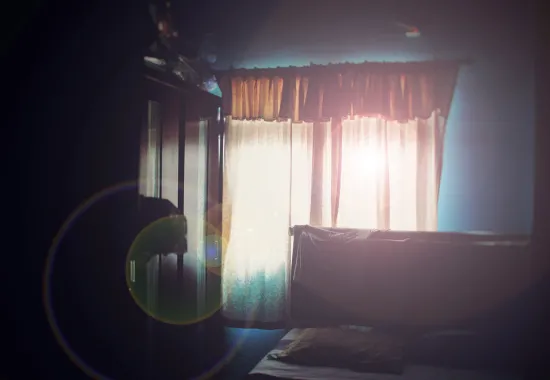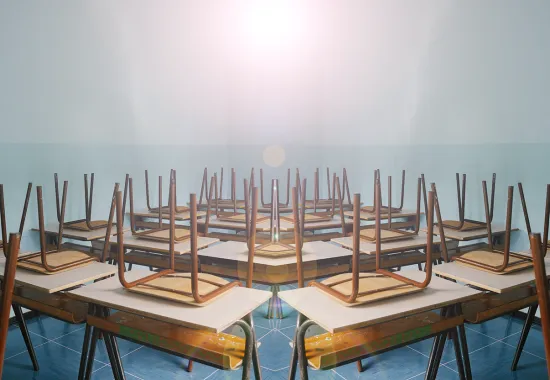From Scotland to Kansas—A Diaspora
The Table: The friend we trust, the fair we love
Reading Robert Burns at the table, my father, a psychiatrist, was reconnecting with his past, particularly his mother; he was embracing her spirit. He writes of his childhood in an article about his own psychoanalysis, “Recovery of the Lost, Good Object,” posthumously published in Bulletin of the Menninger Clinic (Vol. 61, No. 3, Summer 1997). He shares moments of “begging my mother to play ‘Tam O’ Shanter’ on the piano” so that she might “come alive.” Reconnecting with and recovering his mother, he was also declaring his independence from her: he could read to himself; he could take care of his need to be alive in his Scottishness, by and for himself. He certainly came alive reading Burns. Unlike Tam O’ Shanter’s wife, Kate, waiting for her drunken husband to return from market day (“gathering her brows like gathering storm, / Nursing her wrath to keep it warm”), my father celebrated the wayward, drunken Tam as Burns did: “Kings may blessed, but Tam was glorious, / O’er all the ills of life victorious.” In “Lost Good Object” my father writes of embracing the pleasure of Burns: “I just enjoyed it and exulted in the poetry.” He started to feel more comfortable with himself and his appetites: “I also remember likening myself to a man sitting in an apple orchard with the trees laden with fruit and crying because I was hungry.” He learned to indulge, and to indulge others. He and my mother, Elizabeth Kathryn Walter Averill, though everyone used her nickname, “Tucker,” had frequent dinner parties, with abundant food and drink.
The dinner table, where my father most often read Burns, was the true locale of home. Family was closely expressed here, with reports from school and workdays and music lessons and play practices. We conversed, teased, argued, and learned from each other; we were always generous with words. Burns describes such a table in “The Cotter’s Saturday Night”: “The social hours, swift-wing’d, unnotic’d fleet: / Each tells the uncos [unusual/uncommon things] that he sees or hears.” My parents deserved their contentment at the table, for each had struggled to create family.
My maternal grandmother died when my mother was seven years old, likely of a cancer, though that word was not used. My mother, an “only” child, was left with a father given over to drink. She did not live with him past the age of thirteen; he killed himself when she was fifteen. Family took her in. She met my father when she was just shy of sixteen years old. At eighteen, in 1942, Stu left Dixon, California, for Johns Hopkins University in Baltimore. Given what was happening in Europe, particularly Hitler’s incarceration of Jews, he joined the Navy despite a deferment based on his pre-medical studies. During one leave, he visited Aunt Ruth and Uncle Fred Flechtner in New Jersey—the same aunt who gave brother Tim the Harvard Classics. The Flechtners were close friends of Eleanor and Carl Fisher, who had made a home for my mother.
Those far from home and family must make homes; my parents seemed doubly bent on making theirs.
My father had lost regular contact with his father, Harry, when he was two years old. His parents’ marriage foundered in part because of the mental and physical illness, then called “shell shock,” that Harry suffered as a World War I veteran. Harry abandoned home and marriage. My grandmother and her two young boys remained in the home Harry’s father, Linley Averill, had built them. Linley helped raise the boys, but he died when Stu was just eight years old, leaving my father with an angry brother and a mother who seemed “cold, depressed, and not very loving of boys and men.”
So, when Stuart Averill and “Tucker” Walter, who became my parents, met during Stu’s leave, they found in each other all their hope for love and family, with children at the table. Many children, they imagined, enough to field a baseball team. Eventually, they scaled back to the four of us: Timothy, Thomas, Richard, and Elizabeth (Libby). They married after World War II, in California. My father graduated from UC Berkeley, and then from the University of California Medical School-San Francisco. They came to Topeka, Kansas, in 1953, where Stu trained at the renowned Menninger Clinic. The state paid for his education with the stipulation that he serve the state after his residency. He did, becoming Clinical Director (1954-1972) of the reform school for boys, then called Boys Industrial School. He was proud to work for the state, called himself a “socialist” (it’s true that he could have doubled his income as a Menninger psychiatrist, and he later did). Stu thought of himself as a “common” man, and was fond of such lines from “A Man’s a Man for a’ That” as: “The rank is but the guinea’s stamp, / The Man’s the gowd [gold] for a’ that” and “What though on hamely fare we dine / Wear hodden [homespun wool] grey and a’ that.” Brother Tim remembers how modestly Dad dressed for work: “cheap, off-the-rack, clothing.”
My parents appreciated Topeka and Kansas. The Menninger Clinic (later Foundation) at the time attracted a group of psychiatric residents from all over the country and the world, lively intelligences who sought friendship and community. Those far from home and family must make homes; my parents seemed doubly bent on making theirs.
My father delighted in “The Cotter’s Saturday Night,” a celebration of “homely joys.” The cotter (peasant farmer) comes home to “His wee bit ingle [fireplace], blinkin bonilie, / His clean hearth-stane, his thrifty wifie’s smile, / The lisping infant, prattling on his knee.” As Burns writes, “The cottage leaves the palace far behind.” My father’s pleasure in the simplicities of home—table, meal, Burns as Bible, love expressed—was genuine, and shared by my mother. Home and family was their religion, the table their altar, every dinner a communion.
Recommended
I Have Only Dreamed You Dead, For Now.
Encounter
Schizophrenic Sedona






